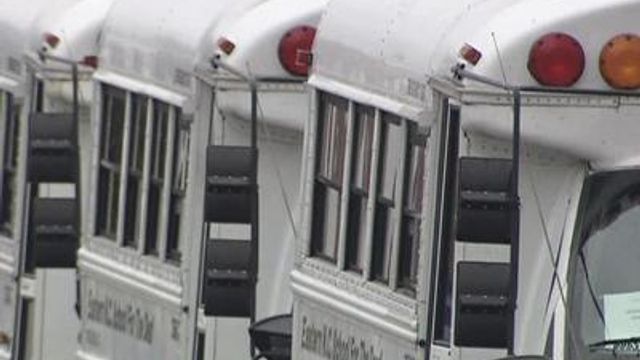Budget shortfall affecting services at state schools
Changes due to the state's budget shortfall at three state schools serving deaf and blind students is coming at a cost to the students' education, parents say.
Posted — UpdatedThe State Employees Association on Friday held a meeting in Wilson to discuss with parents and staff members budget cuts that affect the state's two residential schools for the deaf – the Eastern North Carolina School for the Deaf in Wilson and North Carolina School for the Deaf in Morganton – and the Morehead School for the Blind in Raleigh.
Many of the students have other special needs and multiple disabilities. Students often attend the schools because they had a difficult time succeeding in their local school district.
During last year's budget talks, there were discussions among lawmakers to shut down the school for the blind and to merge the schools for the deaf to help erase the then-projected $4.5 billion budget shortfall.
The schools are taking measures to create a savings of $1 million.
"To save a little bit of money and to hurt a vulnerable population to do it makes no sense. The deeper we dig down into it, it's just appalling," said Ardis Watkins, legislative director for SEANC.
Some cuts, for example, include changes to when students leave and return to the schools. They used to go home Friday afternoons and return Sunday nights. Now, they arrive Monday morning before class. Several students travel three hours one way.
"Monday's have been absolutely horrible," said Mary Miller, whose son attends the Eastern North Carolina School for the Deaf.
The state says it's about balancing student needs with the budget shortfall.
"The vast majority of our children are actually traveling two hours or less," said Dwight Pearson, who serves as superintendent for the three schools.
Pearson said that the schools have also created savings by having staff members drive bus routes instead of utilizing charter service. They also cut employee pay.
"That was just so disheartening," said Kyle Wilkes.
Wilkes said he left his job because he couldn't survive a $4,000 pay cut.
"It's important to note that we did not forcibly terminate any staff members," Pearson said.
Parents and advocates question the long-term motives.
"Ultimately, the effect on the schools will be that slowly, they'll shut down," Watkins said. "Staff is going to leave. Kids are going to leave."
• Credits
Copyright 2024 by Capitol Broadcasting Company. All rights reserved. This material may not be published, broadcast, rewritten or redistributed.






